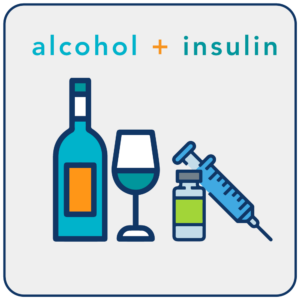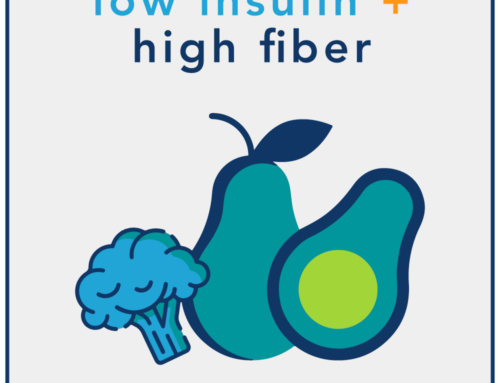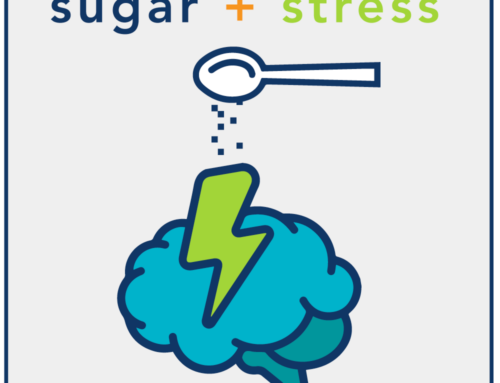What About Alcohol?
The topic of alcohol is a complicated one because its impact on any one individual is personal and multifaceted. Alcohol affects people not just metabolically but also neurologically, socially and physiologically. Make no mistake, ethanol is a toxin and your liver will prioritize metabolizing it. However the poison, as they say, is in the dose. So for some, the real problem is volume, what that alcohol is mixed with and the impact of that person’s decision making process, i.e. the late night burrito or pizza binge after consuming too much alcohol. For the purpose of this article understanding how alcohol affects blood sugar and insulin levels is important to help you make the right choice for you. While moderate alcohol consumption has been reported to have some potential benefits, this is also a nuanced discussion. Let’s break it down a bit.

- Effect of Alcohol on Blood Sugar: When consumed, alcohol is processed by the liver before it enters the bloodstream. During this process, the liver temporarily stops producing glucose, which can lead to a drop in blood sugar levels.
- Influence on Insulin Sensitivity: Alcohol consumption can also affect the body’s insulin sensitivity. Moderate alcohol consumption may temporarily increase insulin sensitivity, which means that cells become more responsive to insulin, and glucose uptake improves. However, excessive or chronic alcohol consumption can lead to insulin resistance, where cells become less responsive to insulin, contributing to higher blood sugar levels over time.
- Caloric Content and Weight Management: Alcohol is calorie-dense, containing about 7 calories per gram. These calories can add up quickly and impact weight management. Additionally, excessive alcohol consumption can lead to weight gain, which can further complicate blood sugar control for individuals with diabetes.
Coaching Note: Let’s put this calorie discussion into a broader context of weight management. Protein has about 4 calories per gram, is nutrient dense and is the most “satiating” macronutrient, meaning it keeps you feeling fuller longer. Alcohol has 7 calories per gram, is nutrient poor and actually leaves many feeling hungry. A useful comparison when figuring out what dose is the right dose for you.
Guidelines for Alcohol Consumption: If you choose to consume alcohol, here are some guidelines to consider:
- Moderation: Limit alcohol intake to moderate levels. For most adults, this generally means up to one drink per day for women and up to two drinks per day for men.
- Carbohydrate Counting: Be mindful of the carbohydrate content of mixed drinks, cocktails, and sweetened beverages, as they can raise blood sugar levels.
- Monitor Blood Sugar: Regularly monitor your blood sugar before, during, and after alcohol consumption, especially if you have diabetes or are at risk of hypoglycemia.
- Hydration: Drink water alongside alcoholic beverages to stay hydrated and help mitigate the dehydrating effects of alcohol. A dose of electrolytes would be a good idea here too.
- Consult a Healthcare Provider: If you have diabetes or other health conditions, consult your healthcare provider before consuming alcohol to understand how it might affect your blood sugar and overall health.
Coaching note: Choosing to consume alcohol is a personal choice. Some choose to do an experiment on what removing for a few weeks does for their overall health and wellbeing. For some, when weight loss is a goal and is not forthcoming, removing it often moves the needle. Alcohol consumption can affect blood sugar and insulin in complex ways depending on the dose. As a place to start, we recommend you remove sugary caloric mixers, high sugar wines and high carb beers. Awareness of what effect alcohol consumption has on you and your goals is really helpful in your ability to make the right choices for yourself.



